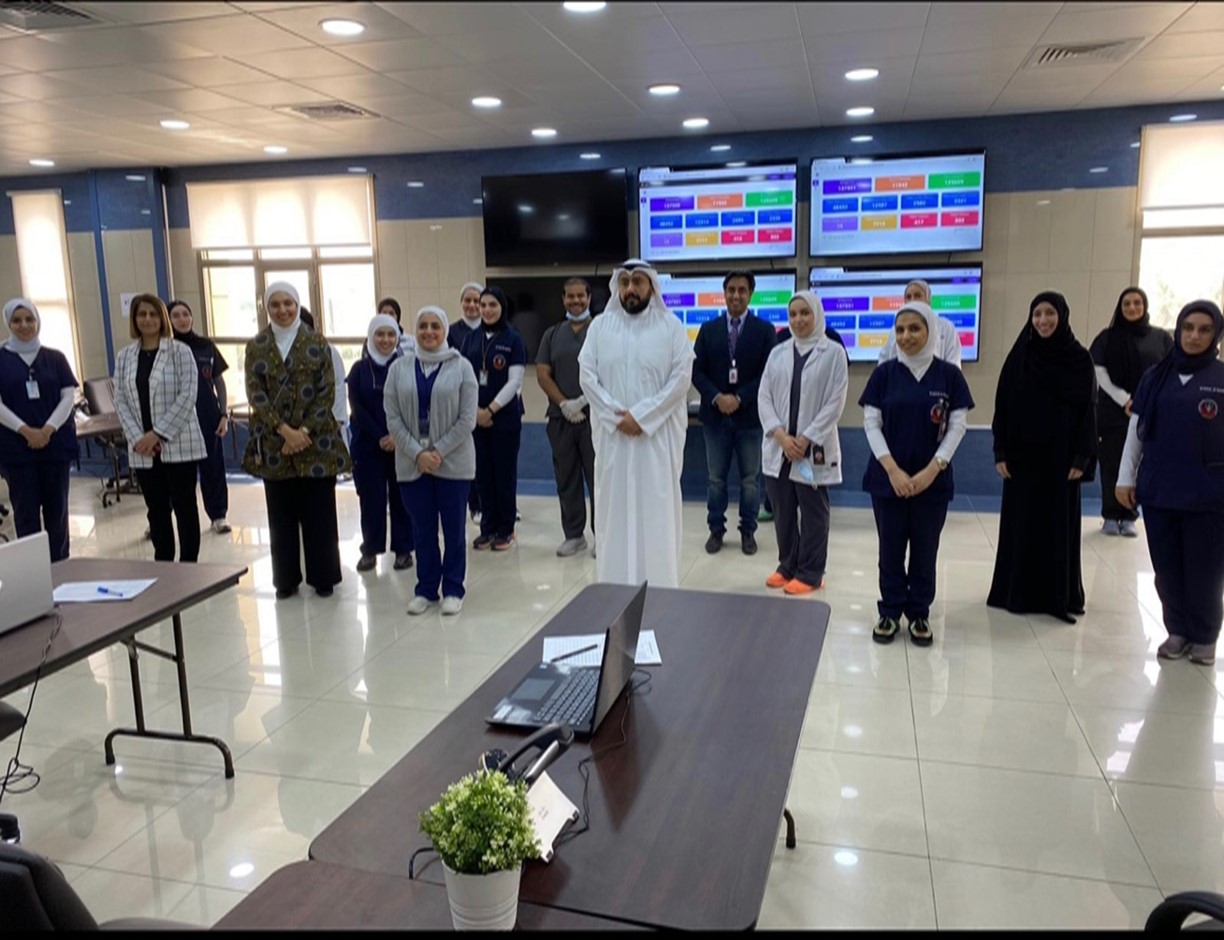
Introduction
In response to the rising need for mental health and psychosocial support services among responders and the community at large, the Kuwait Ministry of Health through Kuwait’s Center for Mental Health and Central Administration for Primary Care launched a number of novel initiatives to improve access to care and overcome limitations imposed by lockdowns and quarantines during the COVID-19 pandemic.
The impact of the COVID-19 pandemic on mental wellbeing
Among the general population, there are reports of increased rates of anxiety and depressive symptoms, particularly among the elderly and persons with disabilities. This is due to worry about infection compounded by limited access to medical and social support because of isolation and lockdowns. There are also reports of increases in self-harm and suicidal behaviours.
According to the Ministry of Health, there has been a significant increase in the number of new and formerly stable patients presenting to outpatient psychiatric clinics and inpatient units. Meanwhile, the number of patients presenting to primary health care clinics and emergency departments of general hospitals showed a decline.
Caregivers of persons with mental, neurological and substance use disorders and healthcare staff have experienced significant stress and burnout due to staff shortages and increased workloads.
Mental health and psychosocial support response
The Kuwait Center for Mental Health launched a hotline (+965 2462 1770) to deliver online consultations. It operates daily from 9:00 a.m. to 5:00 p.m. In addition, an Instagram page provided evidence-informed information about the impact of COVID-19 on mental health, coping with stress, and the available resources for mental health and psychosocial support. The Center, together with the Primary Mental Health Committee launched the “Ghad” national campaign for the prevention of self-harm, using mainstream and social media.
The Ministry of Health launched an interactive application “Shlonik”. Through this application, the Ministry aims to engage with citizens and residents to ensure their safety, provide health information, and monitor patients. It also includes a health bot. thus far, the platform served more than 25 000 patients in quarantine and more than 8000 individuals infected with COVID-19, including the provision of psychosocial support.
All the outpatient psychiatric consultations and primary mental health clinics were conducted online from end of March 2020, and the first dedicated remote psychiatric service hotline was opened for healthcare providers. A total of 155 healthcare providers were treated between March and June.
Specialized psychiatric clinics delivered psychotropic medicines to the homes of their registered patients to ensure continuity of their treatment regimens.
Mental healthcare providers working in the private sector developed initiatives to support the COVID-19 response through providing education on coping with psychological problems. This is being done through social media, newspapers, and TV channels. Some of them also offer free remote psychosocial support to frontline workers. They use digital platforms and train volunteers to provide basic psychosocial support.
Lessons learnt and way forward
There is a high demand for mental health and psychosocial support services among people infected with COVID-19 and especially patients in quarantine facilities.
There has been a decrease in the stigma associated with mental health problems as the need for mental health and psychosocial support rose and became more evident among the general public.
It is necessary to integrate a mental health component in general health care and other sectors like education.
All frontline workers must have the skills to provide basic psychosocial support including psychological first aid.
Mental health services can be made more widely accessible to the population by building on platforms like “Shlonik”.




